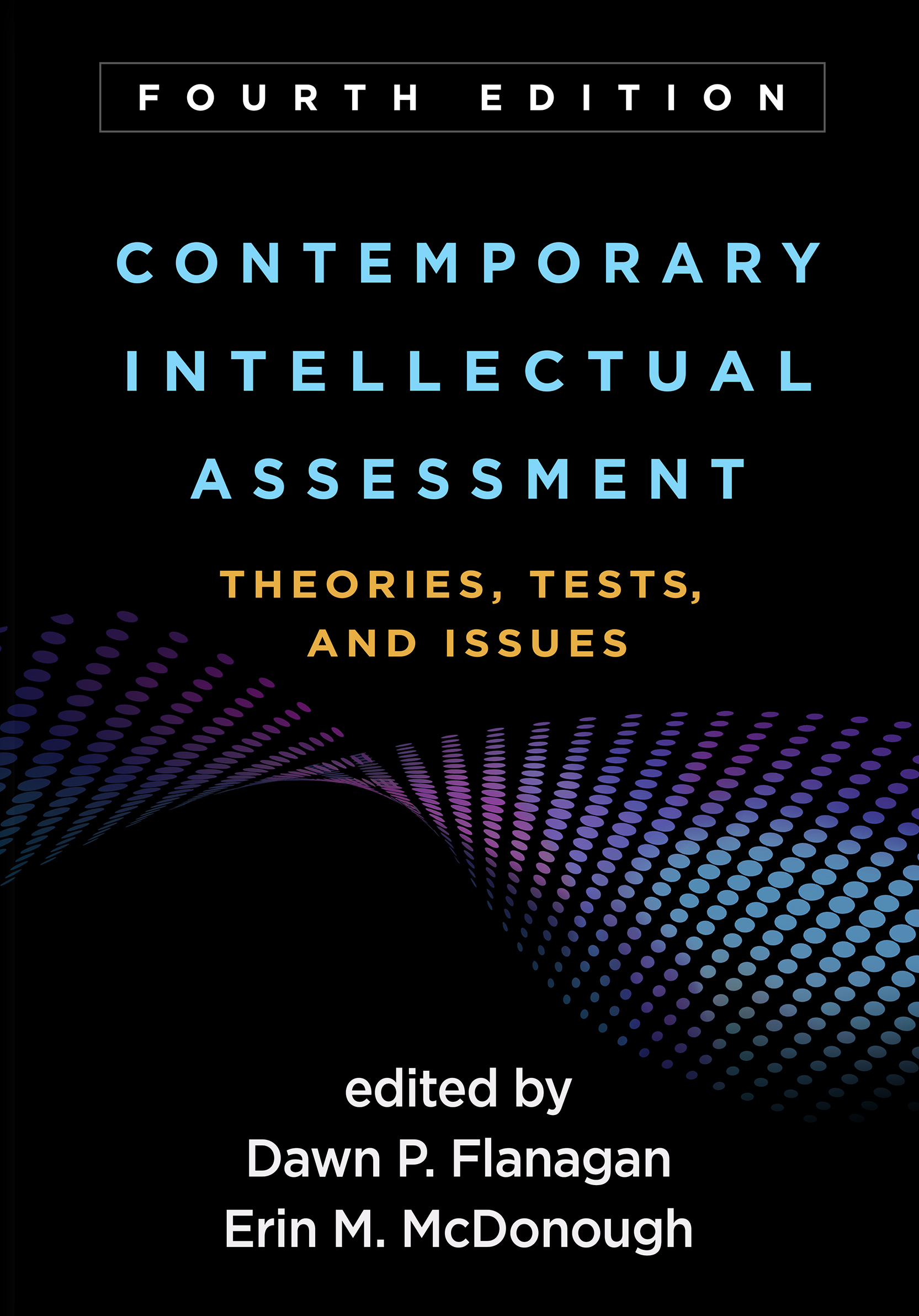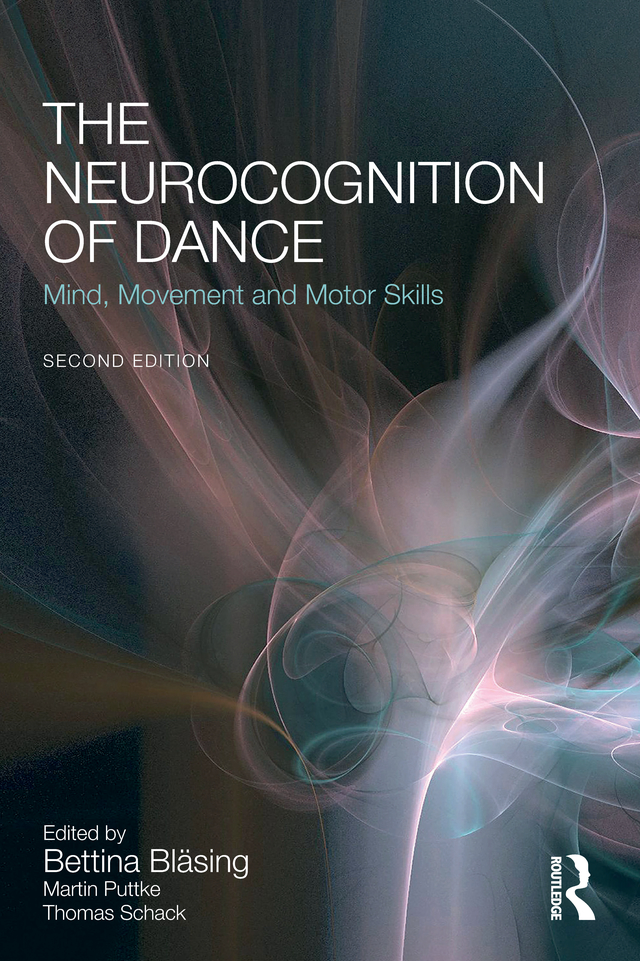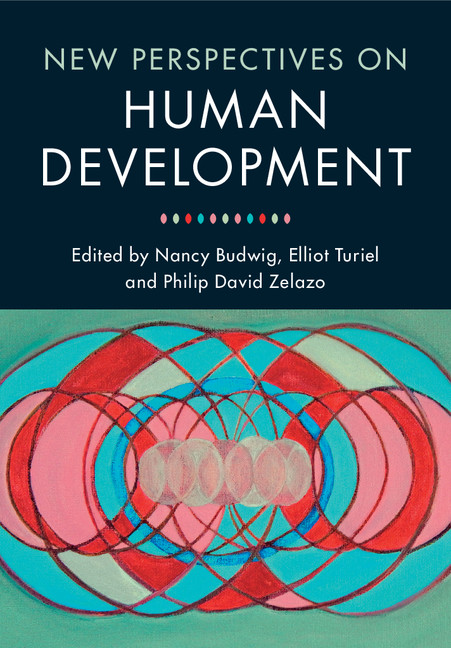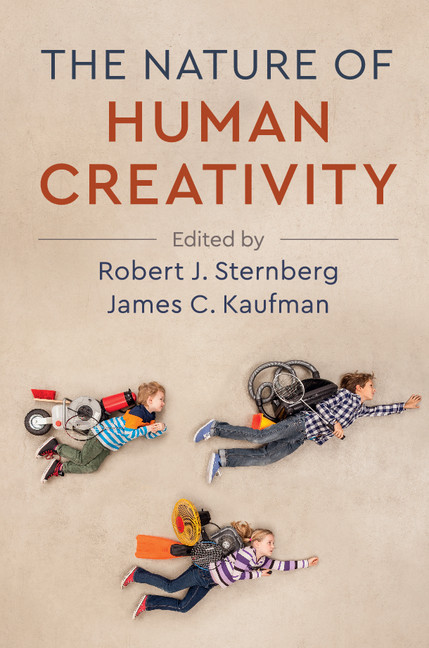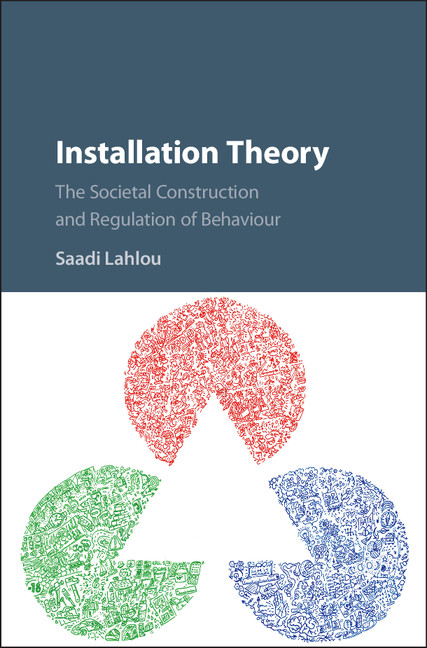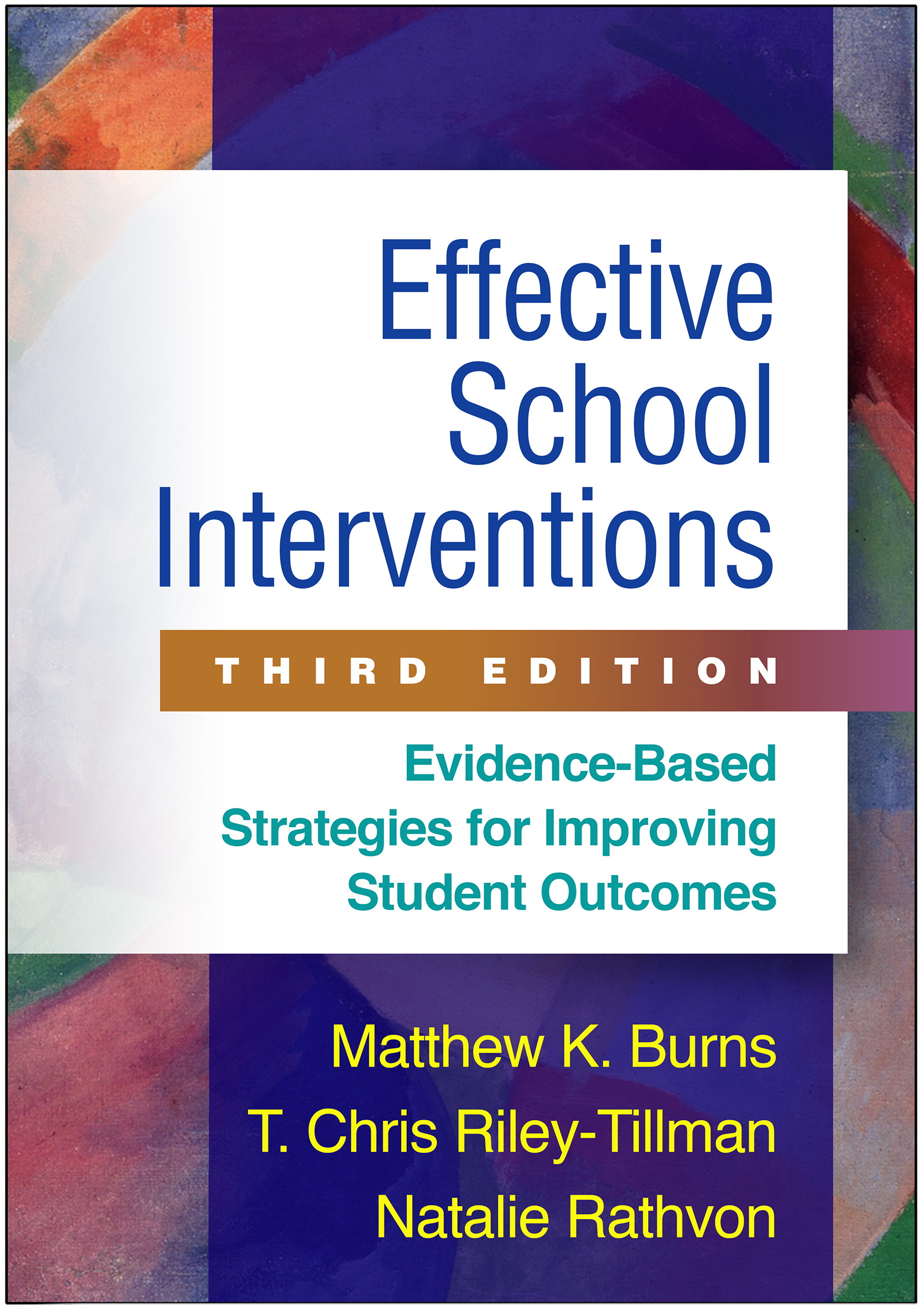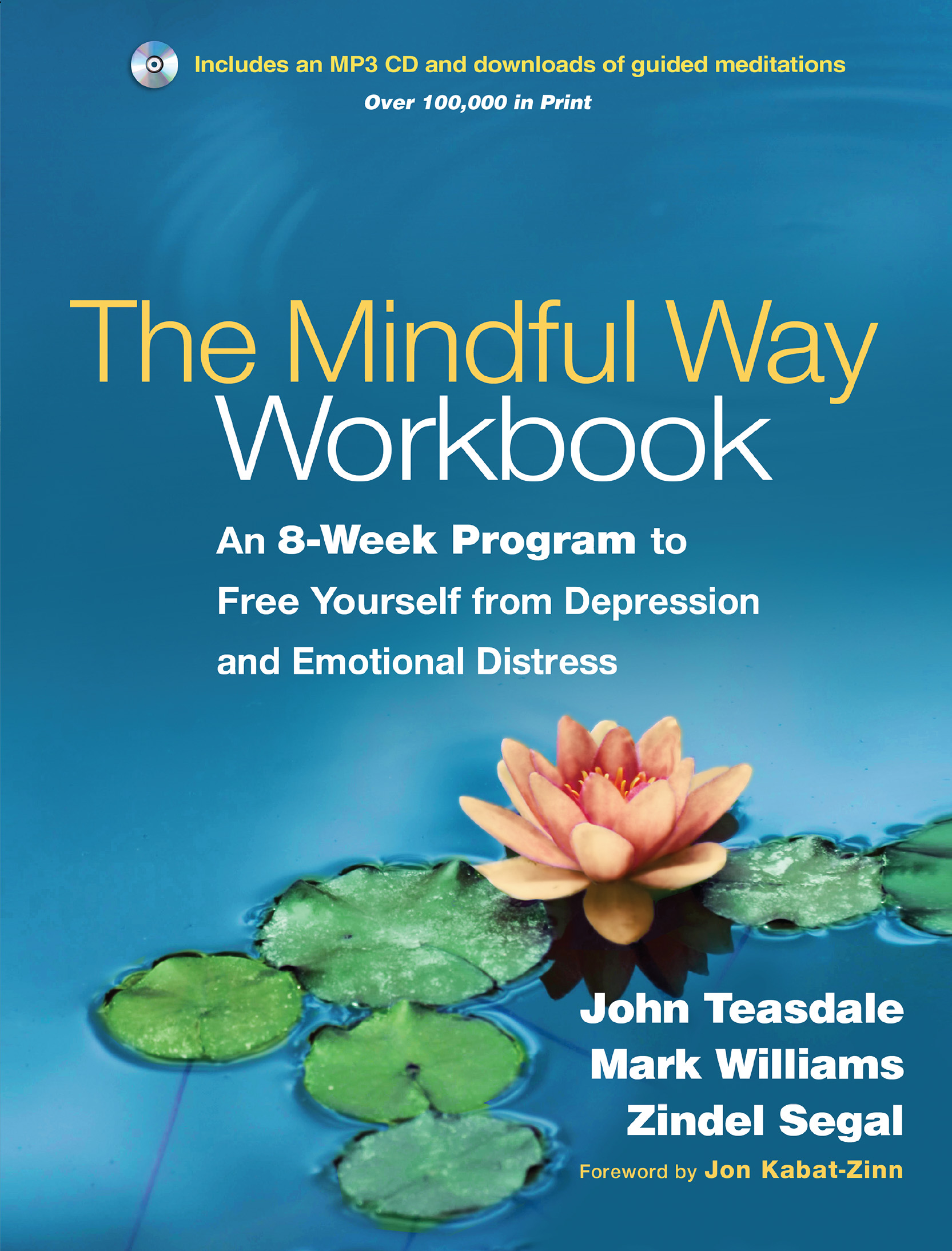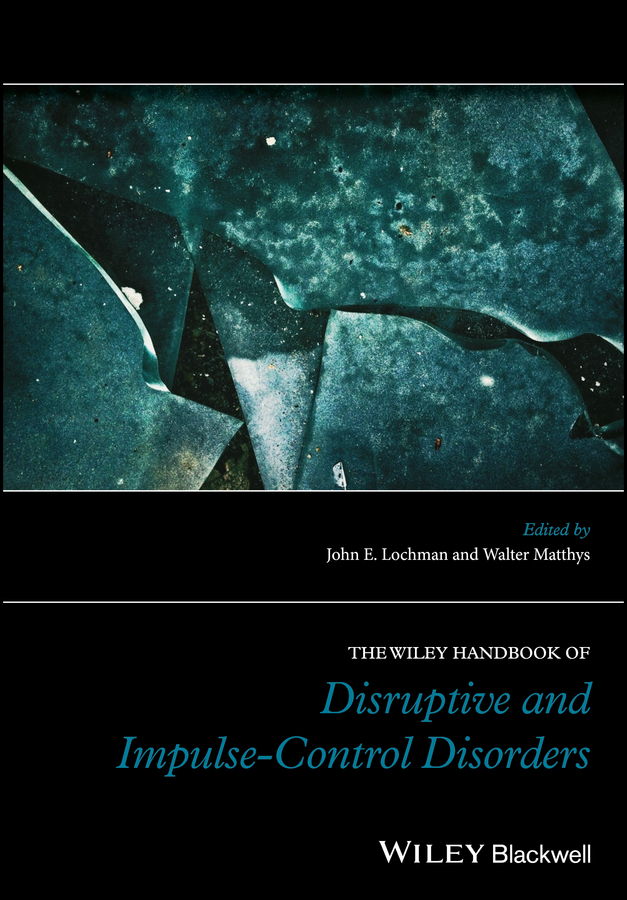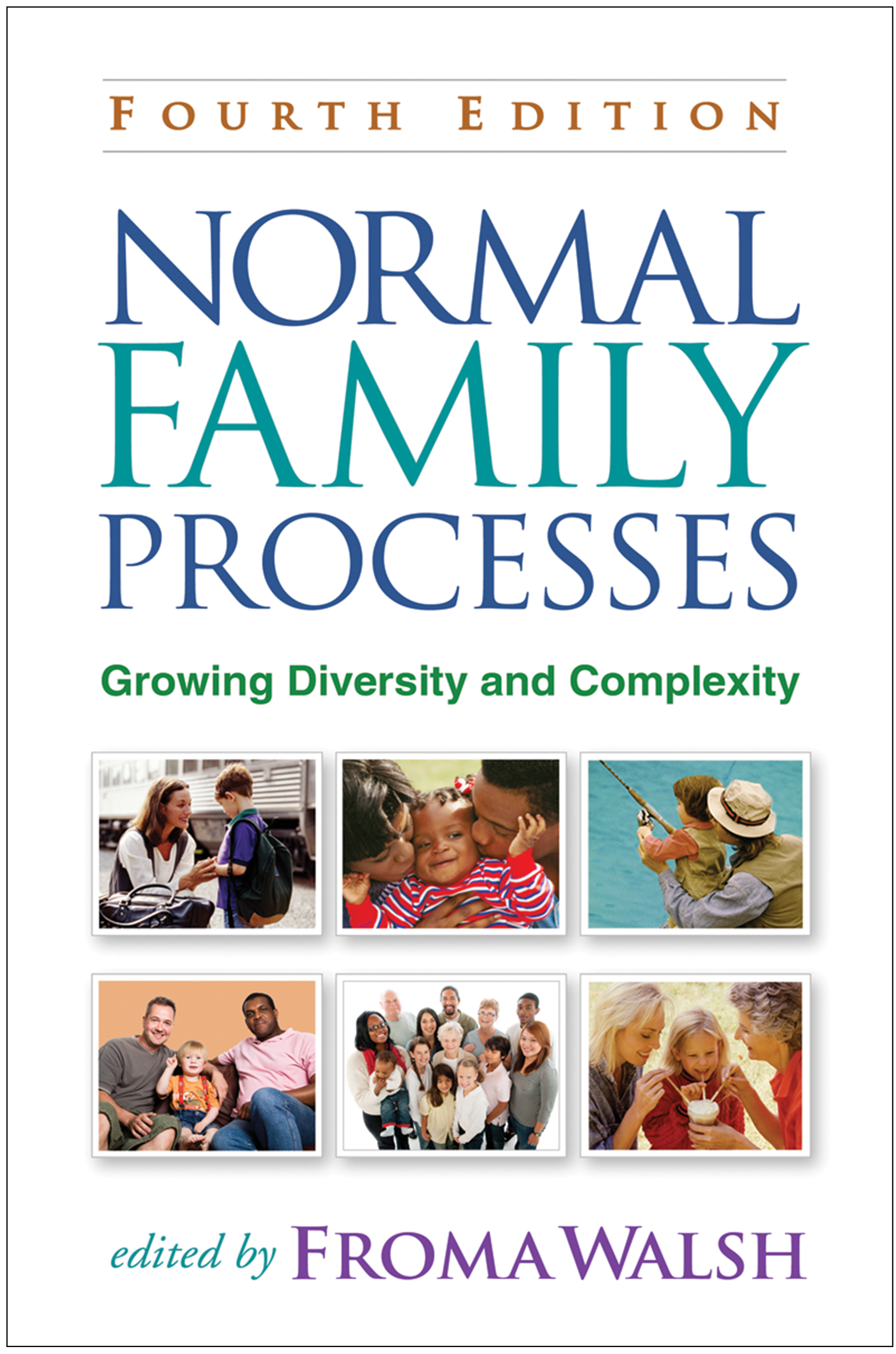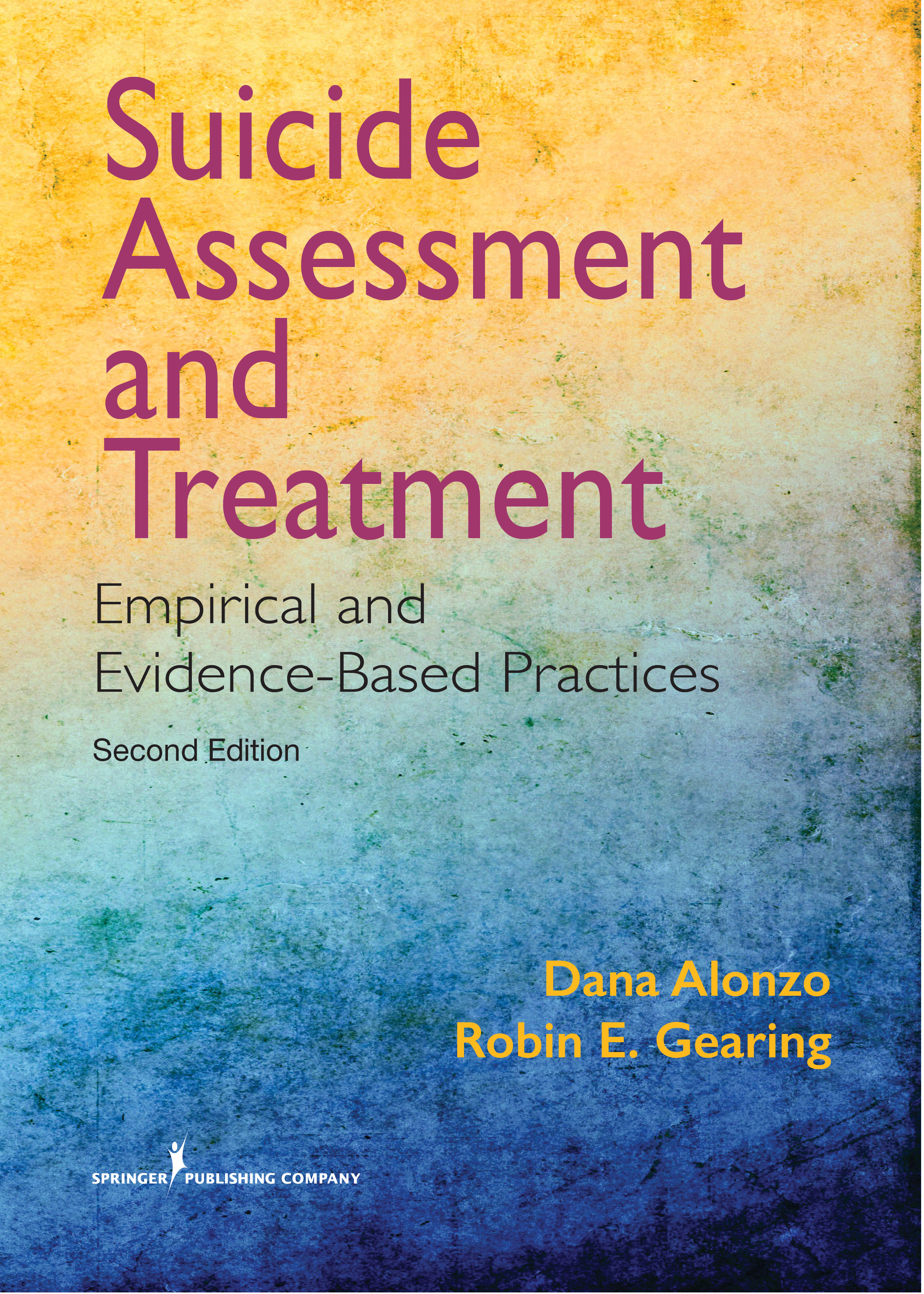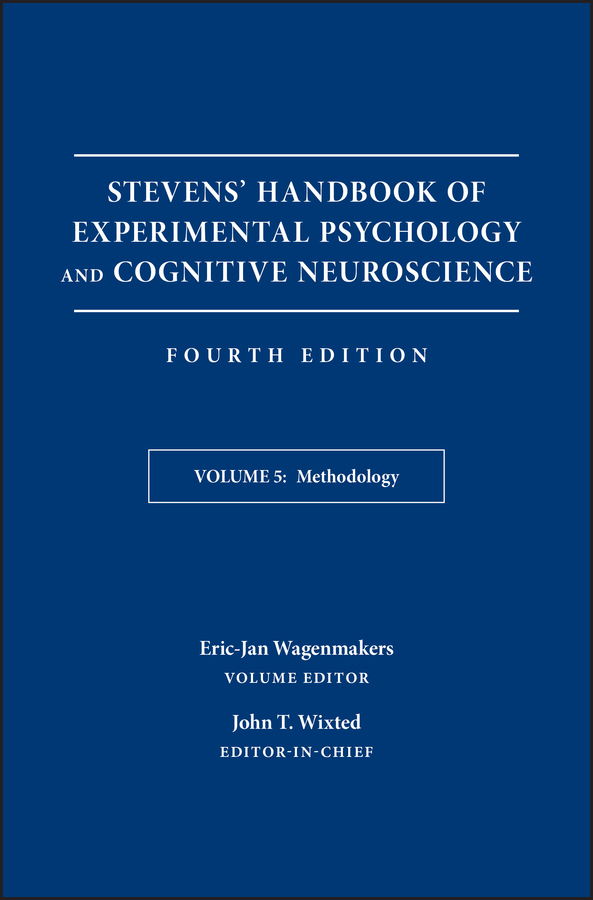
- Browse Category
Subjects
 We Begin at the EndLearn More
We Begin at the EndLearn More - Choice Picks
- Top 100 Free Books
- Blog
- Recently Added
- Submit your eBook
password reset instructions

Evidence is mounting that we are not as in control of our judgments and behavior as we think we are. Unconscious or ''automatic'' forms of psychological and behavioral processes are those of which we tend to be unaware, that occur without our intention or consent, yet influence us on a daily basis in profound ways. Automatic processes influence our likes and dislikes for almost everything, as well as how we perceive other people, such as when we make stereotypic assumptions about someone based on their race or gender or social class. Even more strikingly, the latest research is showing that the aspects of life that are the richest experience and most important to us - such as emotions and our close relationships, as well as the pursuit of our important life tasks and goals - also have substantial unconscious components.
Social Psychology and the Unconscious: The Automaticity of Higher Mental Processesoffers a state-of-the-art review of the evidence and theory supporting the existence and the significance of automatic processes in our daily lives, with chapters by the leading researchers in this field today, across a spectrum of psychological phenomena from emotions and motivations to social judgment and behavior.
The volume provides an introduction and overview of these now central topics to graduate students and researchers in social psychology and a range of allied disciplines with an interest in human behavior and the unconscious, such as cognitive psychology, philosophy of mind, political science, and business.
Less- File size
- Print pages
- Publisher
- Publication date
- Language
- ISBN
- 9.29x6.35x1.11inches
- 342
- Psychology Press
- October 1, 2006
- English
- 9781841694726





